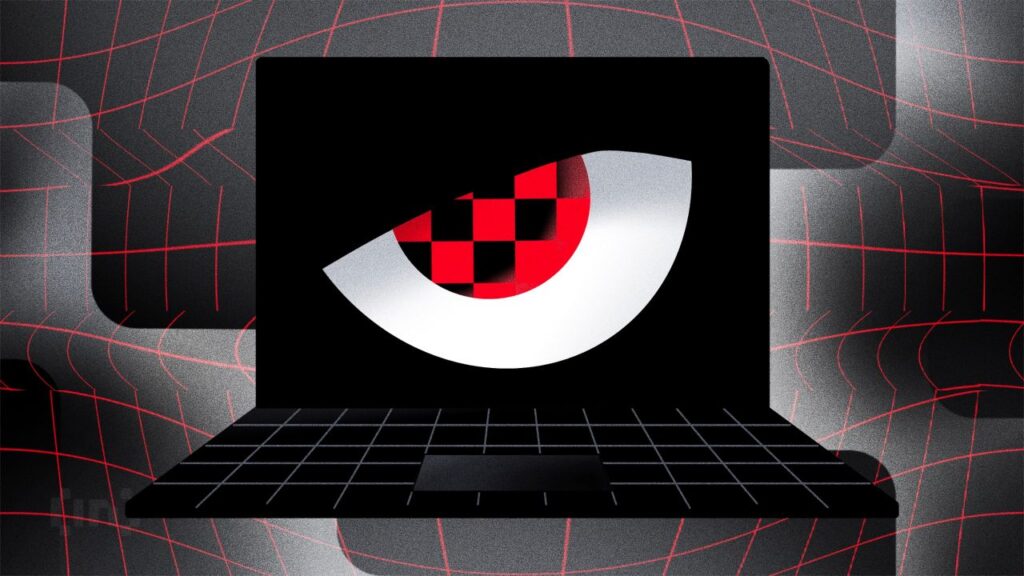Online Game Storefront Steam unconsciously hosted Crypto malware through one of the games. The fake game in question, “Block Blaster,” has enabled token theft of at least $150,000.
Steam removed the game after the popular Crypto Sleuths Amplified News of the Hack. Still, the incident represents a major security breaches of this venerable software platform.
Steam Host Cryptographic Malware
Some of the ongoing wave of crypto crime involves increasingly sophisticated malware manipulation, using new vectors to steal tokens.
Sponsored Sponsors
Nevertheless, this latest scam method is particularly volatile. Steam is the gold standard for online gaming storefronts, hosting Crypto malware directly.
Specifically, Steam hosted the sale of “Block Blasters,” a fake game containing dangerous malware. For over a month, the game was running a secret executable that targeted the player’s wallets live.
In this way, we stole at least $150,000 on various crypto assets, but the total theft could be much higher.
Split the case
While Zachxbt, a well-known crypto detective, did not necessarily lead the investigation into the malware, he used a large platform to warn him of steam. For that credit, the platform immediately deleted the game after his notification. Nevertheless, it should not survive in store for a few weeks.
Investigators who unraveled this scheme revealed some disturbing trends. First of all, the malware itself showed traditional fingerprints of AI-generated code. This allowed the white hat to analyze it comprehensively. This might explain how they were able to face hackers directly.
Essentially, the investigation into this vapor crypto malware began after terminal cancer patients were scamed for $32,000. The criminals showed zero regret when faced, claiming that the victim would “recover it all” as an active crypto trader.
This disturbing comment made researchers even more furious to break down the group.
These hackers clearly had little technical prowess and were not covered by community detectives, leaning against AI to create software infrastructure. Still, their blatant malware managed to bypass all the security protocols on Steam.
In other words, this is a major scandal, and steam needs to take more aggressive precautions in the future.


